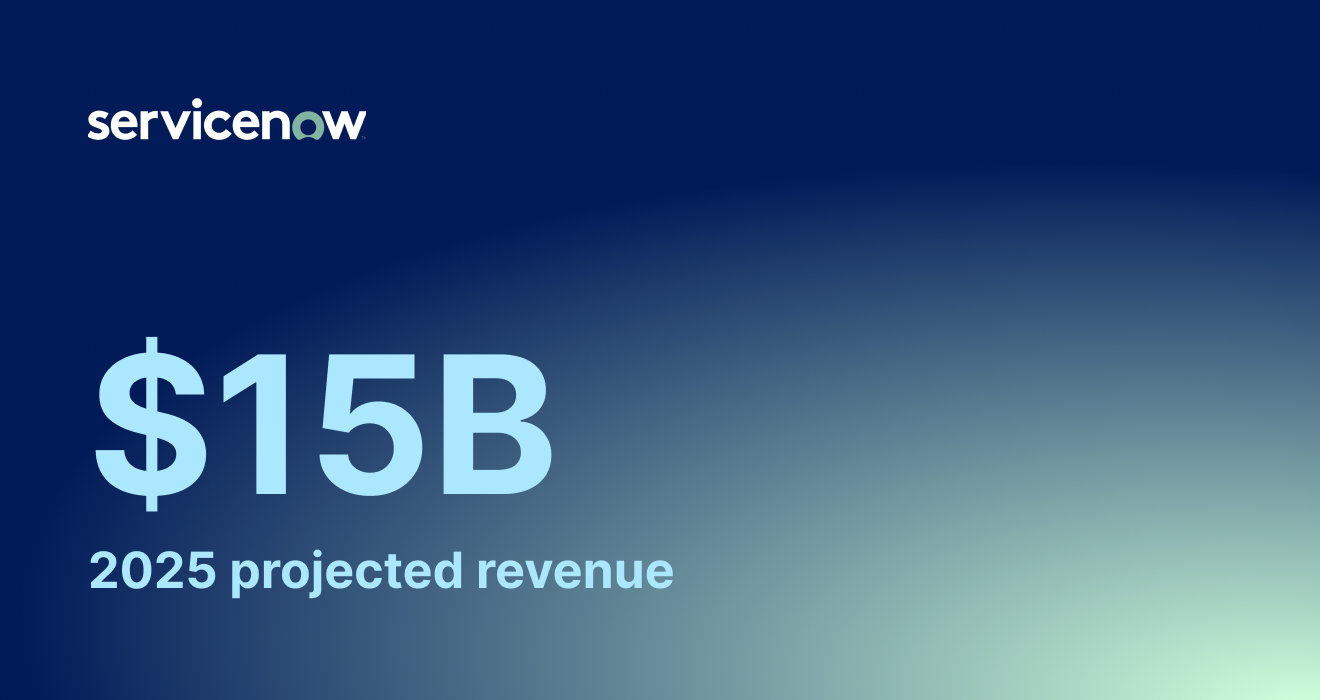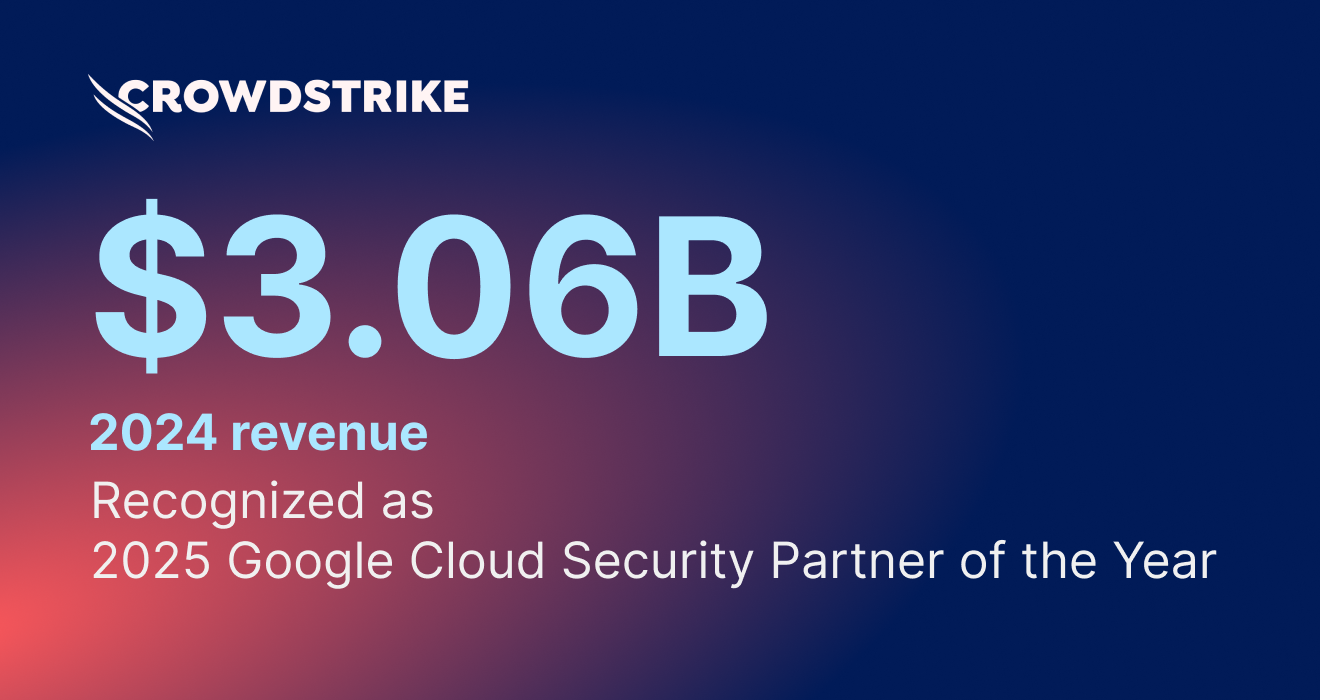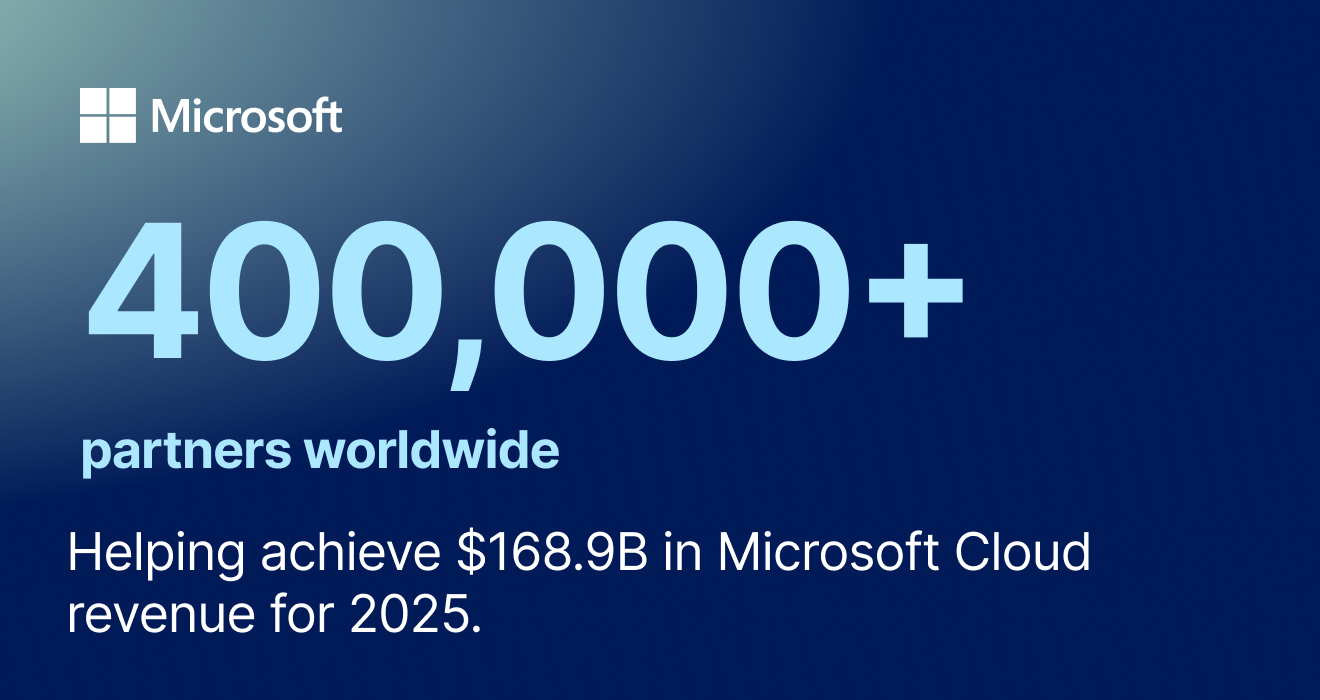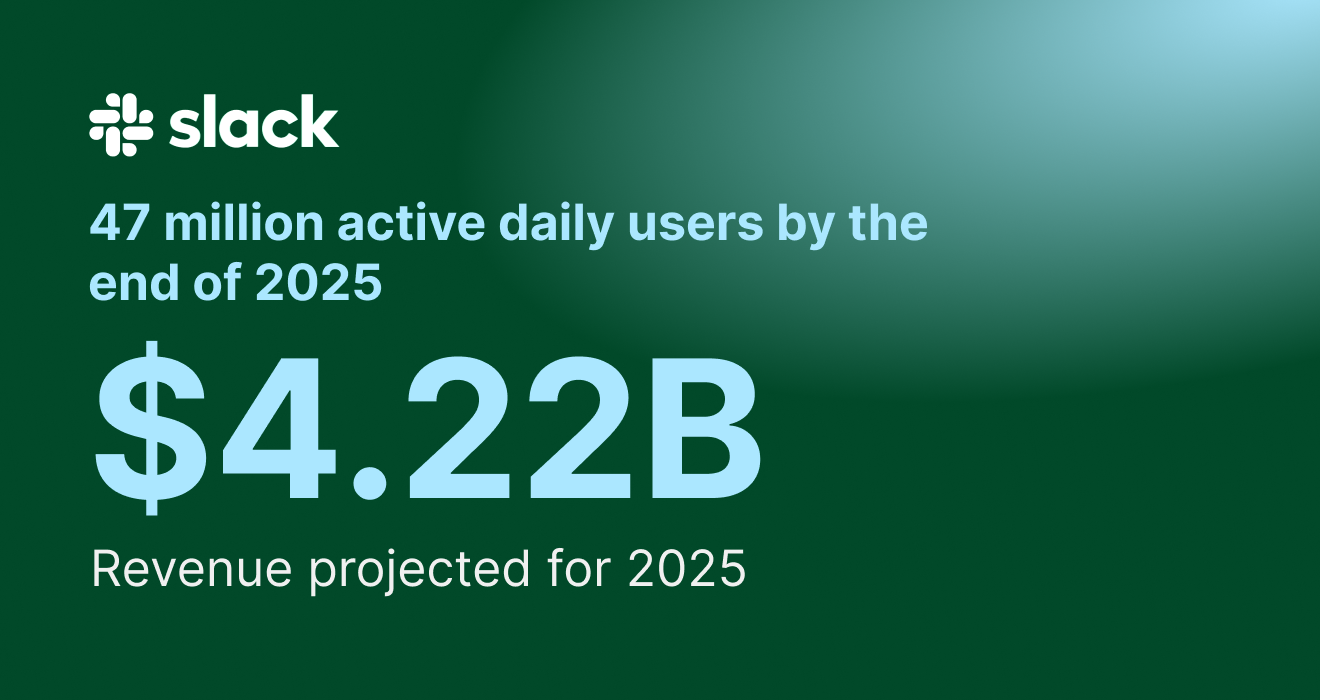8 B2B SaaS Companies Crushing Growth Goals—How They’re Doing It (and How You Can Too)

In this article:
headings not found
SaaS adoption continues to climb. As the digital transformation race accelerates, businesses are moving more of their software to the cloud, 95% of organizations have implemented SaaS solutions in their operations. And, by the end of the year, a record 85% of all business applications are expected to be SaaS-based.
Here’s a list of eight top B2B SaaS companies that have reached remarkable growth milestones, exceeding expectations and crushing their growth numbers. Read on for inspiration, strategies, and tips you can apply to your business. Let’s roll up our sleeves and get to it.
Adobe: Revolutionizing creativity and productivity

Adobe, launched in 1982, sets the gold standard in creative software. Leading brands like Apple, Coca Cola, and Major League Baseball rely on the Adobe Experience Platform (AEP) for exceptional customer experiences. By consistently adapting to new technologies and trends, Adobe strengthens its competitive edge, demonstrated through strategic acquisitions like Frame.io in 2021 and Workfront in 2020.
Serving millions globally, Adobe's Creative Cloud anticipates revenue between $23.30 billion and $23.55 billion in 2025. A cornerstone of Adobe’s success is its app marketplace, launched in 2016, featuring 4,000+ apps and connecting over 20 million users to cutting-edge tools across categories such as design, video editing, analytics, and communication. This seamless integration transforms Adobe's offerings into a central hub for digital innovation.
Adobe's expanding marketplace and integration capabilities showcase its visionary approach, crafting dynamic workspaces that empower users to elevate their creative projects through technology-driven processes. Committed to continuous innovation, Adobe remains a leader in shaping the future of creative industries.
ServiceNow: IT service management, without the hassle

ServiceNow excels at streamlining automated business workflows, IT governance, and disaster recovery, cementing its status as an industry leader. In 2024, the company's revenue reached an impressive $10.984 billion, showing its pivotal role in technical processes such as system issue reporting and resolution.ServiceNow CEO Bill McDermott reported the company is predicting organic sales growth and exceed $15 billion in subscription revenue by 2026.
Recent acquisitions show ServiceNow’s commitment to innovation. The company is focused on integrating AI into its offerings. Moveworks, an AI-driven company specializing in automated workplace request resolution, and Data.World, a cloud-native data governance platform, represent steps towards a comprehensive AI-inclusive approach.
The company’s Senior VP Gaurav Rewari emphasized ServiceNow's goal to empower customers to deploy AI at scale.
He recently told TechCrunch ServiceNow is determined to help customers make their data ‘AI ready.’
“As I like to say, this path to agentic ‘AI heaven’ goes through some form of data hell, and that’s the grim reality.” —Gaurav Rewari Senior VP ServiceNow
He noted that ServiceNow chose Data.World for its ability to help enterprises better organize and search their data. ServiceNow will be interesting to watch as they integrate Data.World's data governance tools to help customers create more effective AI agents.
Intuit: A powerful ecosystem of interconnected financial tools

Intuit is no stranger to financial success. In fiscal year 2024, Intuit's revenue reached $16.3 billion, up 13% from the previous year. The company’s flagship product is QuickBooks, which has evolved beyond a single product, into a robust platform offering a comprehensive suite of financial services for SMEs. Renowned as the leading accounting solution for SMEs in the U.S., QuickBooks continues to set the standard in the industry.
Intuiit’s growth is attributed to a strategy focused on building an interconnected ecosystem of financial products, including TurboTax, QuickBooks, Credit Karma, and Mailchimp. Intuit's ecosystem approach aims to create a seamless user experience and cross-selling opportunities.
Atlassian: Fostering an ecosystem of add-ons
![[Atlassian logo] Copy on graphic: Atlassian Marketplace 5,000+ integrations Surpassed $4B in lifetime sales](https://dcnxfkgt2gjxz.cloudfront.net/Atlassian.png)
Atlassian's Marketplace, a digital platform for Atlassian apps, add-ons, and integrations, has seen significant growth over the last several years. The Marketplace now boasts over 5,000 integrations and is pushing $4 billion in lifetime sales in 2024.The Marketplace allows businesses to customize and extend the functionality of Atlassian products like Jira, Confluence, and Trello.
Salesforce: An ecosystem strategy that drives company-defining growth & innovation

Salesforce's AppExchange is a prime example of a dynamic marketplace where third-party developers provide apps that expand the functionality of Salesforce's CRM and cloud services. The app store enables users to customize solutions to meet diverse business demands.
This platform is pivotal in the booming Salesforce ecosystem, which includes partners, customers, and a broader community—all experiencing considerable growth.
Shared value creation: 7,000 apps provided by around 4,500 partners
In 2023, AppExchange contributed roughly $500 million to company revenues, demonstrating the effectiveness of shared value creation. When an app is purchased in AppExchange, Salesforce collects the revenue, and takes a cut itself—somewhere between 10 and 25%. The remainder goes to the partner. Forecasts from IDC show that by 2026, revenues generated by the ecosystem could surpass Salesforce's revenue six-fold, emphasizing the AppExchange's profound influence on growth and innovation.
Salesforce's ecosystem includes consulting services from firms like Deloitte and Accenture, plus AppExchange revenue streams for ISVs selling solutions.
CrowdStrike: An AI-powered cybersecurity company

CrowdStrike is considered a top B2B SaaS company, particularly in the cybersecurity space, and has earned recognition for its AI-powered platform and cloud-delivered protection. CrowdStrike's total revenue for fiscal year 2024, was $3.06 billion, a 36% increase compared to $2.24 billion in fiscal year 2023. One CrowdStrike differentiator is the company’s AI-first approach where their platform leverages AI to enhance threat detection and response capabilities. The platform is also cloud-native, providing scalability and flexibility.
The company ranks high in evaluations like MITRE ATT&CK and MSSP, demonstrating their effectiveness in detecting real-world threats. CrowdStrike has also been recognized by Google Cloud as their Google Cloud Security Partner of the Year in the Workload Security Category, specifically for their endpoint, workload, identity, and data protection capabilities.
Another contributing factor to CrowdStrike’s success is the company’s robust partner ecosystem. Partners include all types including resellers, integrators, distributors, and managed service providers, all committed to helping customers.
Microsoft: The gold standard in partner programs

While the exact number of Microsoft Cloud Solution Providers (CSP) is not known, Microsoft reports its overall Partner Network is composed of more than 400,000+ global organizations worldwide. So reports speculate the CSP partner program continues to expand rapidly actively contributing to the company’s ambitious revenue targets.
Microsoft’s 2025 annual report for fiscal year 2025, cited its Cloud revenue (Microsoft 365 Commercial cloud, Azure & other cloud services, the commercial portion of LinkedIn, and Dynamics 365) as $168.9 billion and reports estimate strong growth in 2026.
CSP partners sell and manage Microsoft cloud services like Azure and Microsoft 365. Microsoft is heavily investing in the CSP ecosystem by refining licensing, billing, and partner requirements to enhance flexibility and scalability for businesses of all sizes.
2025 updates to the company’s CSP program highlight Microsoft's customer-centric approach, allowing partners to oversee the entire customer lifecycle, including sales, billing, and support
Read more about these changes in our blog: Changes Are Coming for Microsoft CSP partners—What You Need to Know.
Also, you can get more details in our Microsoft-focused webinar series. Register or watch these courses on-demand anytime.
Navigating Microsoft CSP Changes with AppDirect: Whether you're selling Microsoft through the AppDirect platform, a technology advisor model, or ITCloud, this webinar will help you stay compliant and continue selling Microsoft.
Selling Microsoft with the AppDirect platform: Whether you’re selling directly, through a distributor, or exploring new routes to market, AppDirect helps Microsoft partners operate more efficiently and scale faster.
Empower Your Microsoft Growth with AppDirect: This webinar is ideal for technology advisors, MSPs and other partners looking to expand their Microsoft practice.

Recent enhancements to the New Commerce Experience (NCE), also streamlines licensing and purchasing processes, further driving efficiency for partners and customers alike. As a key revenue driver, the CSP program is integral to Microsoft's ongoing cloud strategy, facilitating growth and supporting the company’s expansive objectives. Contact us for more details and to discuss the best strategy for your business.
Slack: Transforming team collaboration—Slack's Marketplace and integrations

Launched in 2013 and acquired by Salesforce in 2020, Slack has rapidly grown to attract millions of users globally. It enhances productivity by integrating seamlessly with tools like Google Drive, ensuring workflows are smoother and more efficient. Whether teams are working remotely or in the office, Slack's platform keeps them connected, organized, and on top of their tasks, making collaboration effortless and effective.
As of 2024, Slack held 20% of the market share in the team collaboration software market, competing with Zoom and Microsoft Teams. VC technology analyst GP Bullhound, projects that by 2025, Slack will be generating around $4.22 billion in revenue globally.The analyst estimates Slack's monthly active users is expected to reach 79 million by 2025.
The company also launched the Slack Marketplace in 2015, enabling users to connect to industry-leading software and apps without ever leaving the Slack ecosystem. This approach allows Slack to offer a dynamic workspace where collaboration is enriched and productivity is maximized, turning routine interactions into powerful engagements with technology from leading companies like Asana, UiPath, Adobe, and more. With 20M+ platform customers, and 2,500+ apps, the marketplace categories cover everything from analytics, communication, customer support, design, developer tools, file management, health & wellness, HR, marketing, office management, finance, productivity, project management, and much more.
The company’s growth is attributed to the increasing number of users adopting Slack for communication in remote and hybrid work environments, with Statista projects that Slack's monthly active users will reach 79 million by 2025.
Maximize growth—Take these next steps
These eight companies exemplify how strategic innovation and adaptability drive remarkable growth. Each employs unique strategies for harnessing digital transformation, expanding marketplace ecosystems, leveraging AI, and diversifying sales channels. For more on these topics dive into the keynote address by Nicolas Desmarais, AppDirect CEO. He shares his vision for helping all companies drive growth and maximize success unlocking the 4 keys of AI transformation. He shares key insights about the power bringing together people and technology.
“We believe that technology plus people will always be more powerful than technology minus people. Some brands out there may think that human interaction is a flaw. We view it as a core feature to celebrate. In the same vein, we view that AI plus people is much more powerful than standalone AI any day. We're very optimistic about the future.”
Discover the 4 Keys of AI Transformation in Nicolas' Thrive 2025 keynote. He explores how top companies thrive through waves of innovation by focusing on:
Digital Platforms: Leading companies offer their platforms as a service, enabling third-party development and infrastructure leverage.
Digital Ecosystem: Successful companies boast vibrant developer ecosystems.
Digital Channel: Digital leaders expand effortlessly through channel partnerships.
Digital Hub: Top performers unify identity, billing, and data management for seamless customer experiences.
Gain additional insights into B2B subscription economy trends and the transformative power of AI, unified lifecycle management, and procurement solutions with these related blogs or request a demo to learn more.


